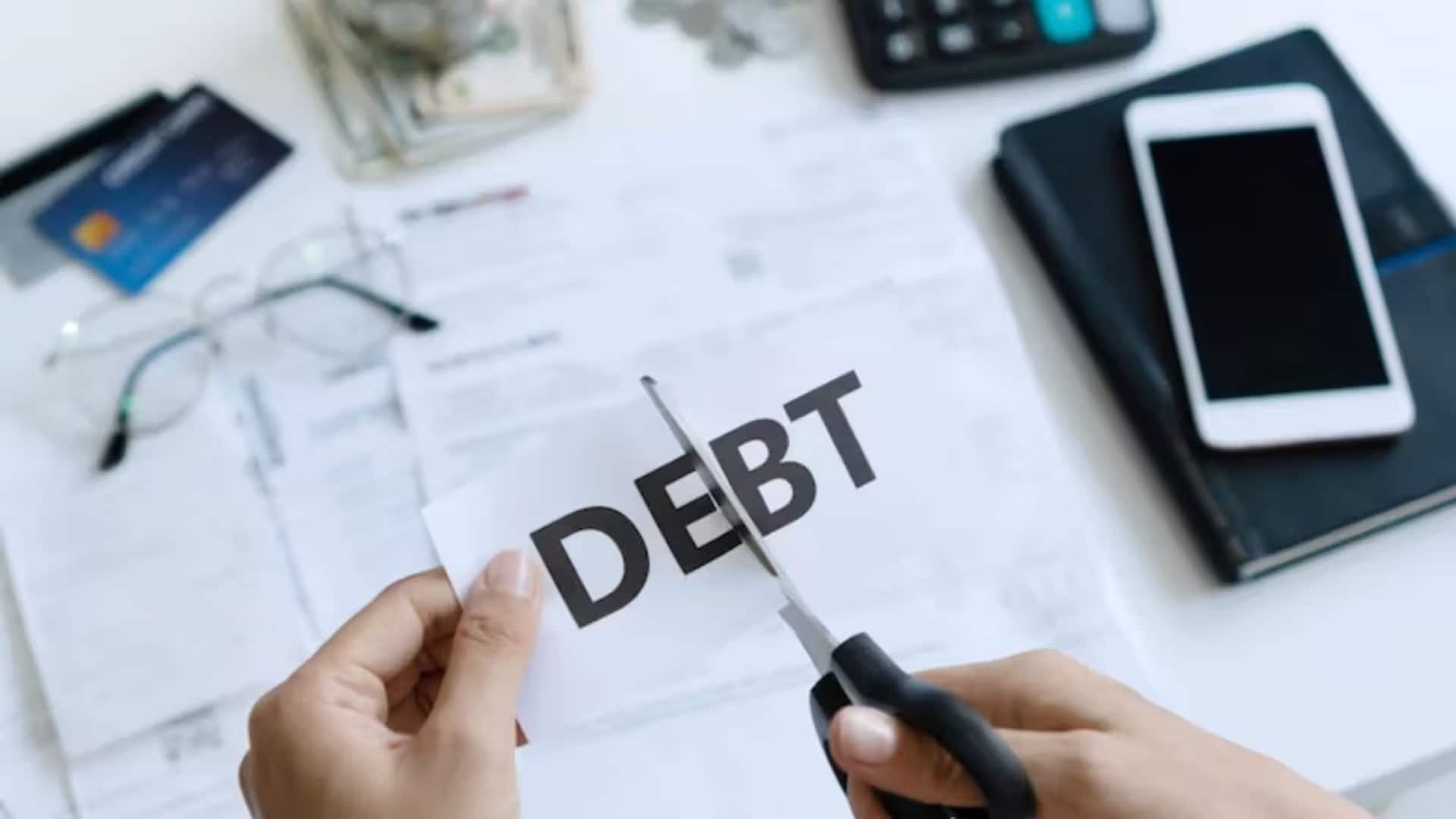
5 uncommon ways to manage debt without the stress
What's the story
Managing debt can be a daunting task, but with the right strategies, it is possible to make the process less stressful. While traditional methods like budgeting and cutting expenses are well-known, there are some lesser-known approaches that can also be effective. These strategies focus on changing perspectives and habits to ease the burden of debt repayment. Here are five uncommon strategies that might help you tackle your debt in a stress-free manner.
Small steps
The Snowflake Method
The snowflake method involves making small, frequent payments toward your debt whenever you have extra money. This could be from selling unused items or saving on daily expenses. By consistently chipping away at your debt in small amounts, you may find it more manageable and less overwhelming than waiting for larger sums to accumulate.
Fun approach
Gamify your debt repayment
Turning debt repayment into a game can also make the process more engaging and less stressful in the long run. Set up challenges or milestones with rewards for reaching certain goals. Not only does this make paying off debt more enjoyable, but it also gives you motivation to stay committed to your financial plan.
Visual motivation
Use visual aids
Creating visual aids like charts or graphs can help you track progress and keep your motivation high. Seeing how much you've paid off over time can give you a sense of accomplishment and encourage you to keep up your efforts. This visual representation of progress is a constant reminder of how far you've come in reducing your debt.
Automation advantage
Automate payments strategically
Automating payments guarantees consistency without having to remember due dates every month. However, strategically lining up these automated payments with paydays or other sources of income can help you avoid cash flow issues. It ensures timely repayments, thereby relieving you of the stress of dealing with multiple bills on your own.
Conscious choices
Practice mindful spending
Mindful spending means being aware of where every penny is going by critically questioning every purchase before it goes through. Does this spending align with my long-term goals (like getting debt-free sooner)? This approach focuses on putting essential needs over transient wants, building a habit of making financially conscious decisions along the road to financial independence.